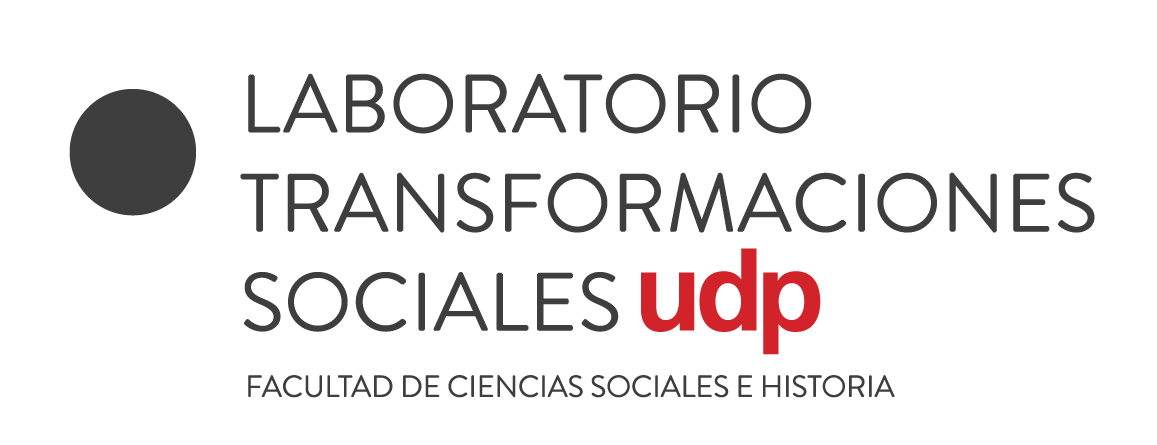Democracy and the societal critique of contemporary capitalism
DOI:
https://doi.org/10.32995/0719-64232018v4n8-69Keywords:
Alienation, Self-governance, Authoritarianism, Democracy, Critique of capitalismAbstract
Since the reception of Feuerbach's critique of religion, the leitmotiv of Marx theory of society resides in the visible loss of social control regarding human products. While this is evident in Marx's understanding of capitalism as a kind of "external" power or violence (I), its counterpart appears in democracy as a normative with the potential to promote the "internal" power of self-determination of the people (II). this is why, in addition to comprehending factual social reality, a societal critique of contemporary capitalism must be carried out with an eye on democracy, as what it is essentially questioned in global terms, i.e., self-government and/or self-control of society (III). If the absolute capitalist dislocation between the producer and the (alienated) product remains intact, the fear about the future imposes itself and thus it increases the possibility of electing authoritarian governments –under the promise to return control through repression. Although such goverments are formally democratic, they cut off the ultimate content of democracy defended by the young Marx, thus showing their latent structure as an anti-democratic democracy (IV).
Downloads
Published
How to Cite
Issue
Section
License
Copyright (c) 2018 Rafael Alvear Moreno

This work is licensed under a Creative Commons Attribution-NoDerivatives 4.0 International License.

Este obra está bajo una licencia de Creative Commons Reconocimiento-NoComercial-CompartirIgual 4.0 Internacional.



